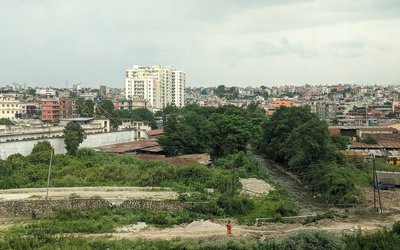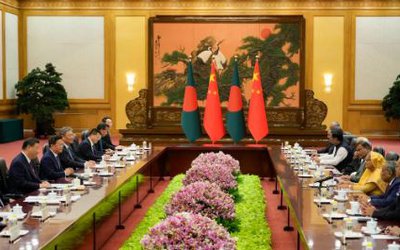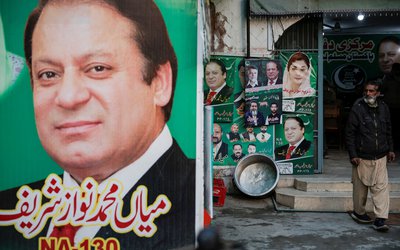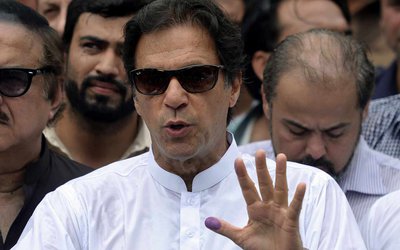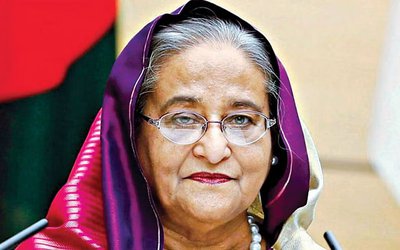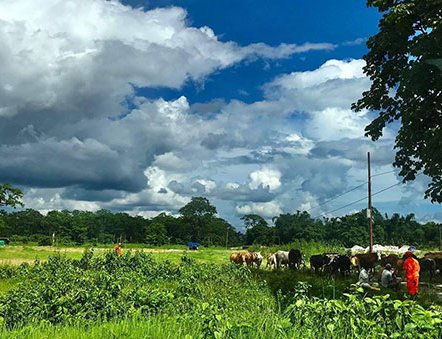
Bhutan claims that there is not a single reported case of a local transmission in the country as of yesterday. “We have, so far, 108 Covid-19 positive cases in the country with 96 having recovered already. All the cases are imported and there are only 12 active cases in the safety of isolation wards,” reports Kuensel, Bhutan’s official daily portal.
In its editorial, Kuensel writes, to prepare for a possible community transmission in the capital city, authorities led by the health ministry conducted a simulation exercise yesterday. Three real case scenarios were presented with details and how all the institutions and groups identified will jump in to control a local epidemic. It was a good exercise to prepare for a local transmission.
However, there is growing concern in Bhutan as well. “With an increasing number of positive cases in the border areas and illegal border crossing, risk of a local transmission is imminent. It is better to be prepared and prepared in the right way,” says editorial.
This alarm level raise, due to people entering to Bhutan from India. Last month, a patrolling team in Gelephu intercepted a Bhutanese man returning home after sneaking out across the border.
“Unfortunately, many took it for a real case of a local transmission. By late evening, rumours spread that there is a local transmission and the country is heading for a lockdown. This happened even after those attending the exercise were cautioned about spreading rumours or the possibility of mistaking the exercise as a real event,” says daily.
However, the powerful rumour mill started rolling that people started calling each other or the mainstream media to confirm. These include those who are aware of the situation. This is not new. Last week, following a similar presentation to parliamentarians, rumours became rife that the country is going under a lockdown. Some even accused the media for hiding information.
What we don’t want today is rumours to create panic among the populace. It is good to be concerned and aware of risks of a community transmission. Knowing the risks will help authorities contain the spread and keep us safe. Panicking is not good. It will, as we have experienced already, inflate the price of essentials, create disturbances and uneasiness.
- Global IME Capital’s “Samunnat Yojana 2” Mutual Fund Opens for Public Offering from July 6
- Jul 03, 2025
- Nepal Among Investment-Friendly Countries, Immense Opportunities Exist – Prime Minister
- Jul 03, 2025
- Supreme Court upholds appointment of 52 officials
- Jul 03, 2025
- Weather Forecast: Generally Cloudy In The Hilly Areas With Heavy Rainfall In Some Areas Of Bagmati And Koshi Province
- Jul 03, 2025
- MCA-Nepal Welcomes Continued U.S. Support for MCC Nepal Compact Implementation
- Jul 02, 2025
